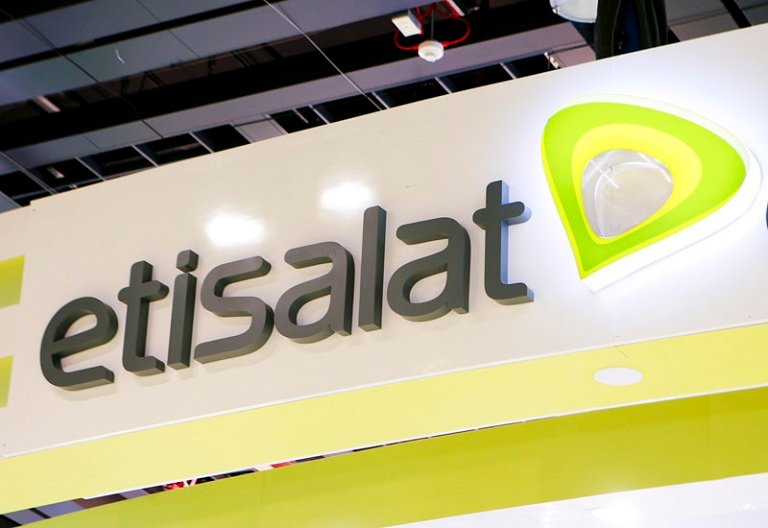
Abu Dhabi telecoms group Etisalat may sell its stake in Etisalat Nigeria, which has defaulted on a $1.2 billion loan, but wants the company’s debt restructured before it does so, two sources told Reuters on Monday.
Nigeria’s central bank and telecoms regulator on Friday agreed with local banks to pursue a default deal rather than a receivership for Etisalat Nigeria so as not to deter investors and to avoid a wider debt crisis.
Etisalat is due to meet with creditors in Nigeria on Tuesday or Wednesday to discuss the default, the source said.
It was not clear whether Etisalat, which has a 45 per cent holding in Etisalat Nigeria after converting a loan to equity in February, would divest completely.
Ahmed Bin Ali, senior vice president of Etisalat, declined to comment while Etisalat Nigeria could not be reached.
“It is at an early stage,” one source said of the sale.
Last week a banking source told Reuters that the Nigerian affiliate of Etisalat had given notice to its Nigerian lenders that it would miss a payment in February but the two sides are yet to agree terms.
Etisalat Nigeria signed a $1.2 billion medium-term facility with 13 Nigerian banks in 2013, which it used to refinance an existing $650 million loan and modernise its network.
But an economic downturn, a currency devaluation and dollar shortages on Nigeria’s interbank market led to it missing payment, Ibrahim Dikko, vice president for regulatory affairs at Etisalat Nigeria, had said.
Banks involved in the loan include: Zenith Bank , GT Bank, First Bank, UBA, Fidelity Bank, Access Bank, Ecobank, FCMB, Stanbic IBTC Bank and Union Bank.
Abu Dhabi owned Etisalat is a multinational UAE based telecommunications services provider, currently operating in 17 countries across Asia, the Middle East and Africa.
As of February 2014, Etisalat is the 14th largest mobile network operator in the world, with a total customer base of more than 167 million.
Etisalat was named the most powerful company in the United Arab Emirates by Forbes Middle East in 2012.











